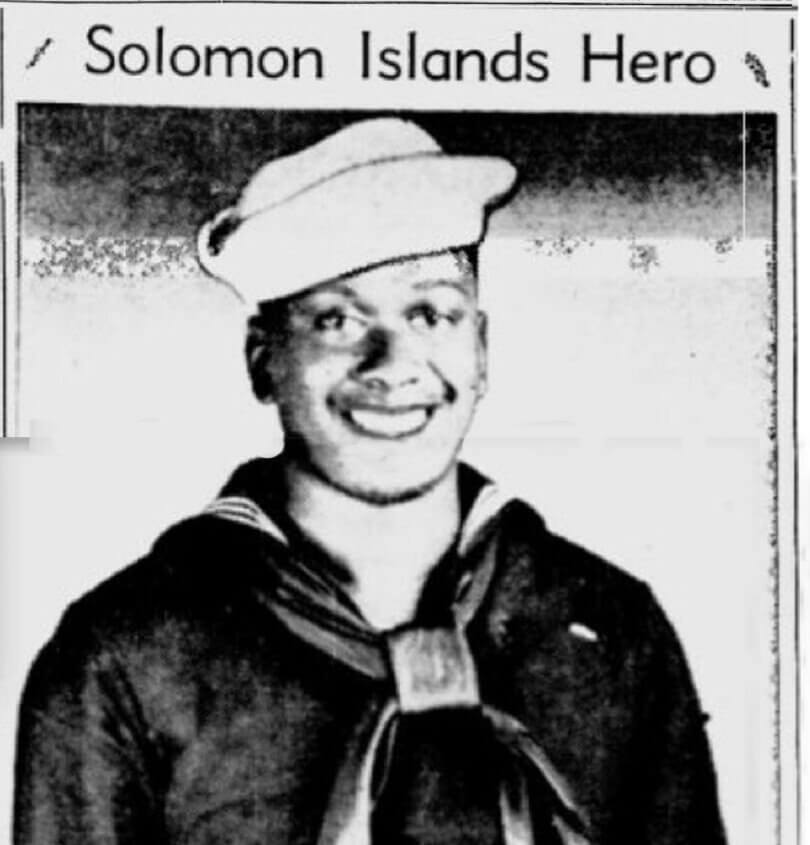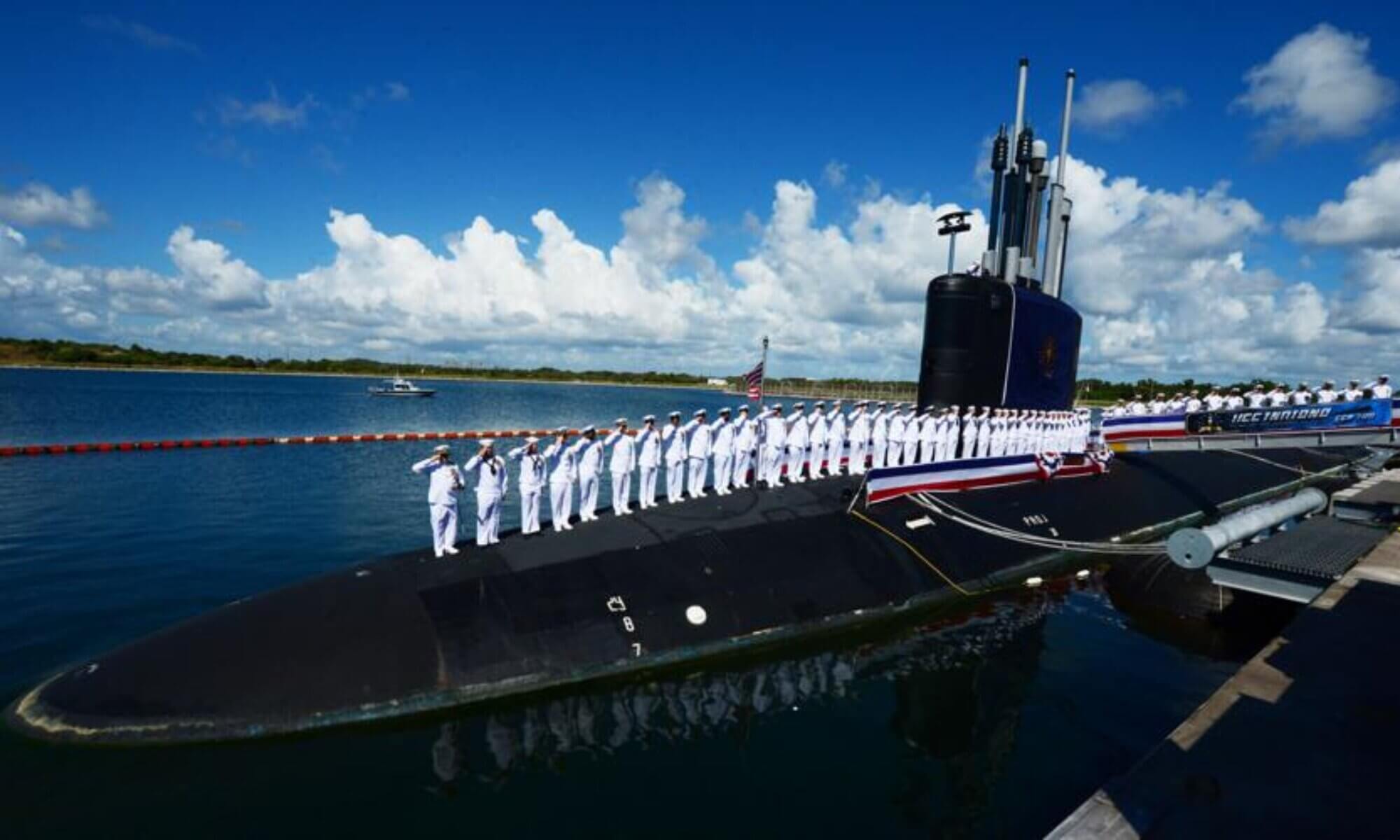
Welcome to the Members and Friends of Americans for a Stronger Navy!
As we continue to advocate for a robust and formidable naval force, it’s essential to remember and honor the heroes who have exemplified the very essence of bravery and dedication in the history of the United States Navy.
Today, we turn the spotlight on an extraordinary figure: Charles Jackson French, a Navy hero whose story of valor during World War II continues to inspire.
The Night of Valor: USS Gregory and the Battle of Guadalcanal
On the night of September 4, 1942, the crew of the high-speed transport USS Gregory (APD 3) found themselves in a perilous situation. Patrolling between Savo Island and Guadalcanal, they encountered Japanese destroyers.
The USS Gregory, caught in a fierce battle and outgunned, began to sink, setting the stage for an incredible act of heroism.
Charles Jackson French: Early Life and Navy Career
Charles Jackson French, born on September 25, 1919, in Foreman, Arkansas, joined the Navy as a Mess Attendant—a position then largely designated for black men. His journey in the Navy brought him to the decks of USS Houston (CA-30) and, eventually, the USS Gregory.
A Hero Emerges Amidst Tragedy
As the USS Gregory sank, Mess Attendant 1st Class French took action that would etch his name in history. In a remarkable feat of endurance and courage, he swam through shark-infested waters for hours, towing a raft filled with injured shipmates. His bravery and strength saved the lives of more than a dozen sailors.
Legacy and Recognition.
The heroic actions of Charles Jackson French were not only a testament to his character but also a symbol of hope and resilience for the Navy community. In recognition, a rescue swimming training pool at Naval Base San Diego was dedicated in his honor in May 2022, immortalizing his legacy.
Conclusion
Charles Jackson French’s story is a powerful reminder of the courage and determination that run deep in the veins of our naval heroes. It is these qualities that Americans for a Stronger Navy continues to champion and uphold. We encourage our members and friends to carry on the legacy of heroes like French, ensuring our Navy remains strong, resilient, and ever-vigilant.

